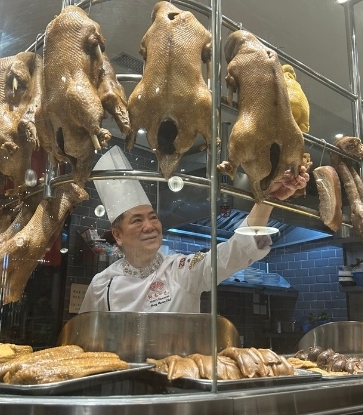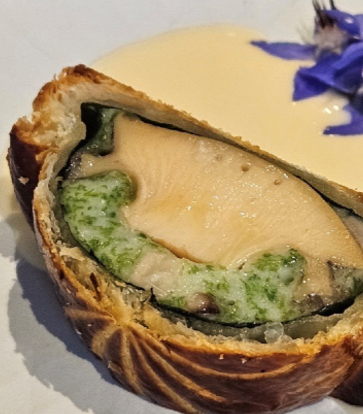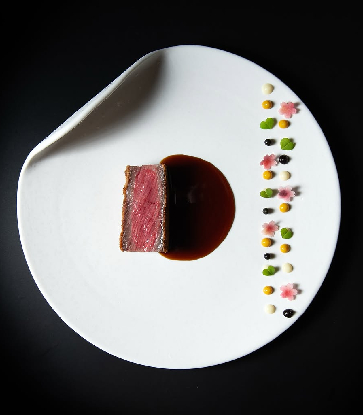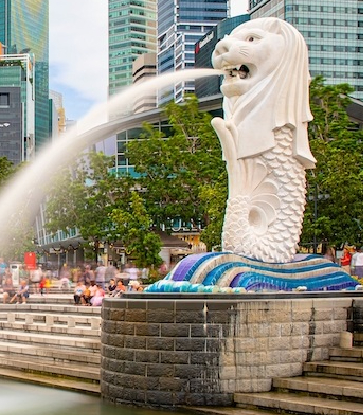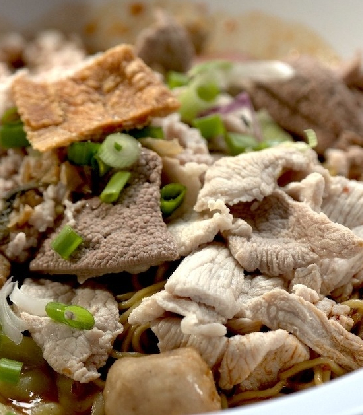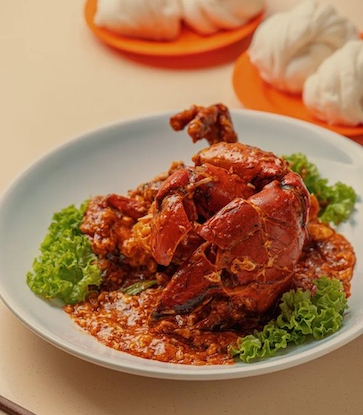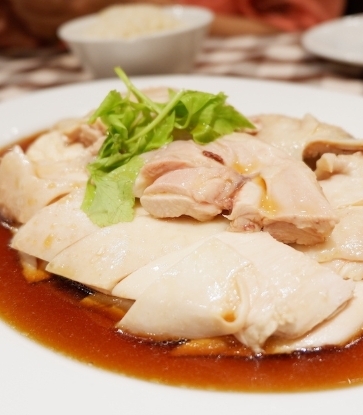Traditional Teochew tau sar piah is going places.
“Last month, a Singaporean lady walked into Thye Moh Chan and bought hundreds of tau sar piah. She said she wanted to send them to Australia to share with her friends,” says Chua Cha Lai, the consultant chef at Thye Moh Chan.
As he recounts this, his face lights up and he lets out a nice long laugh that is almost emotional.
He adds: “I really hope Thye Moh Chan’s business grows. This is our trademark, I just hope this name stays. If it weren’t for BreadTalk, this brand might have just gone into nothingness with time. I don’t see that many traditional bakeries now — it’s only us now, the others have closed.”
At 79 years old, Chua is a veteran baker from the original Thye Moh Chan which opened in Liang Seah Street in 1943. Subsequently, the bakery moved to Geylang Lorong 27 and wowed tau sar piah and Teochew mooncake lovers from all over Singapore.
Thye Moh Chan closed in September 2011 but was revived by the BreadTalk Group a year later in 2012. The brand is celebrating 75 years of heritage and traditional mastery this year, and now has outlets in Chinatown Point, Paragon and Changi Airport Terminal 2’s Departure/Transit Lounge Central.

Teochew Handmade Favourite
Tau sar piah or mung bean paste pastry is a traditional Teochew favourite, made by first steaming mung (green) beans and then frying the steamed bean paste with oil and sugar. The resulting fragrant bean paste is then encrusted in a thin flaky crust.
Ingredients needed to make tau sar piah are humble and classic flavours include both the sweet and the salty. Sweet versions have sugar fried with mung bean paste, whilst the savoury ones have shallots, shallot oil, sesame seeds and lard added to give it its distinctive flavour when baked.
Chua finds the flavour of savoury tau sar piah unforgettable when they emerge fresh from the oven. This, he says, “is the result of using lard”.
“Those days, we used charcoal for baking, so when the pastries were being baked, the fragrance would fill the air.”
Back then, each and every tau sar piah — which comprises six to seven layers of thin pastry layers to meet the benchmark of ultimate flakiness — was handmade. Each item took seven hours to make. Just to wash, steam, hand-grind, dry and cook a 10kg batch of mung beans took five hours.
Chua recounts: “We even had to remove the shells of the mung beans by hand. Stirring and frying the mung beans was most labour intensive. We had to fry till they were dry and watch the fire in case the mung beans got burnt. Then when baking, we had to turn the pastries, and more often than not, we got burnt by the heat. Sometimes, it was so hot the lard popped out of the pastries and burnt our hands.”
Tau sar piah cannot be immediately packaged when hot, for moisture in the package would spoil these pastries. “You have to wait for the pastries to cool. If you baked them today, you would wrap them up in a red paper tomorrow, and you can keep the savoury ones for as long as one week and the sweet ones, they can last two weeks.”
Essential To The Teochew Community
With its beginnings dating back to 1943 during World War II, Thye Moh Chan Cake Shop was a collaborative effort by some members of the Teochew community in Singapore. Specialising in producing authentic handcrafted Teochew pastries, Thye Moh Chan soon gained a strong following for its signature creations such as the sweet and salty tau sar piah, flaky-skinned mooncakes, and other sweets and cakes.

The bakery has become an institution of sorts for the Teochew community living in Singapore because its handcrafted Teochew pastries are essentials in Chinese customs during important occasions such as weddings, births, Chinese New Year and Mid-Autumn Festival. The Teochews refer to a group of people originating from eastern Guangdong, China.
Chua says: “In those days, pastries like tau sar piah were preferred because they were dry. Cakes have more moisture and they turn bad easily after two or three days.”
He adds: “Thye Moh Chan was already very famous in the 1950s, because the pastry was good, the mung bean paste excellent and the defining characteristic was — we used lard. So we even had people come down all the way from Jurong to buy our tau sar piah. In the 1960s, 10 pieces cost $1.20. It was very affordable and, during special festivities, the price would go up by a little.”
He has been learning the craft of making tau sar piah since he was in his teens and remembers drawing a monthly salary of $60 back when he started.
“We have many siblings in the family, so I had to work. I was interested in doing things related to craft and I have never done anything else. In the past, if you were hardworking, people would be willing to teach you, and that was how I learnt. In those days as well, there were people taking opium and when it was time for them to go, they would pass their work to you.”

Chua laments: “These days, a lot of bakeries face a shortage of labour. In the past, Singapore had hundreds of these traditional bakeries. Now, we do not even have a handful. They are all closed, they have no business. The trademark is gone and no one is buying.”
A New Chapter
In 2012, BreadTalk Group brought the heritage brand to life by bringing Thye Moh Chan under its umbrella. To ensure that the flavours stay true, Chua who has been making these Teochew pastries since his teens, was brought in to transfer his skills to a newly formed team at BreadTalk. His role — to ensure that these all-time favourites continue to be faithfully reproduced with time-honoured techniques.
At the outlets in Paragon and Chinatown Point, a partial open-concept kitchen allows customers to catch a glimpse of Thye Moh Chan chefs wrapping mung bean fillings, freshly prepared every day into a dough.
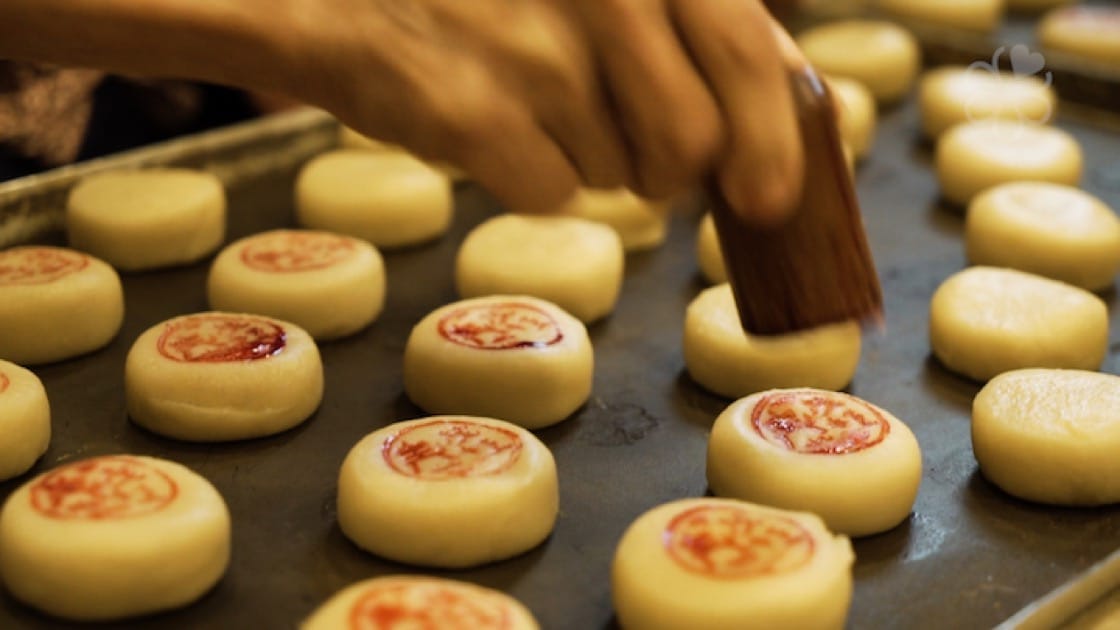
These are then shaped and there’s the old school style of stamping the Thye Moh Chan signature logo onto the pastries before sending them into the ovens.
Today, Thye Moh Chan speaks to a new generation with modern sensibilities by presenting traditional flavours tastefully packaged in contemporary style.
With more than 25 products in the mix, the new Thye Moh Chan features a wide selection of classics like the Sweet and Salty Tau Sar Piah and Teochew Double Delight (with red bean paste, winter melon and melon seeds), alongside refreshed and inventive versions such as the Yuan Yang (an innovative pairing of savoury bean paste with shallots, white sesame, spicy pork floss and salted egg yolks) and even Cranberry Tau Sar Piah, made by combining mung bean paste with dried cranberries and topped with diced almond nuts for extra crunch. There are also options for vegetarians.
Tan Hoe Peng, co-trainer at Thye Moh Chan, who has been learning the ropes from Chua, says: “In the past, it was arduous trying to just cook or fry the mung beans, but now with research and development, we could use machinery to replace manual labour, shorten the cooking time and ensure even stirring in the process of cooking mung beans.”
Chef Tan has been a baker with BreadTalk since 2001, all along he focused on bread making and gamely switched to learning the art of handcrafting tau sar piah from 2013. He is Hokkien himself and humbly admits he knew nothing about making tau sar piah before meeting Chua. “I learnt from scratch and Uncle Chua taught me everything, everything.”
To which Chua says, “If you don’t pass this down, it just gets lost. These days, youngsters have no interest in traditional pastry. There are also not that many traditional pastry shops, so where do you go to to find work after learning these? I have done this for 60 over years. There is nothing too difficult about making a pastry. You just concentrate on making it good so that people love it. It’s the same when you teach someone.”









